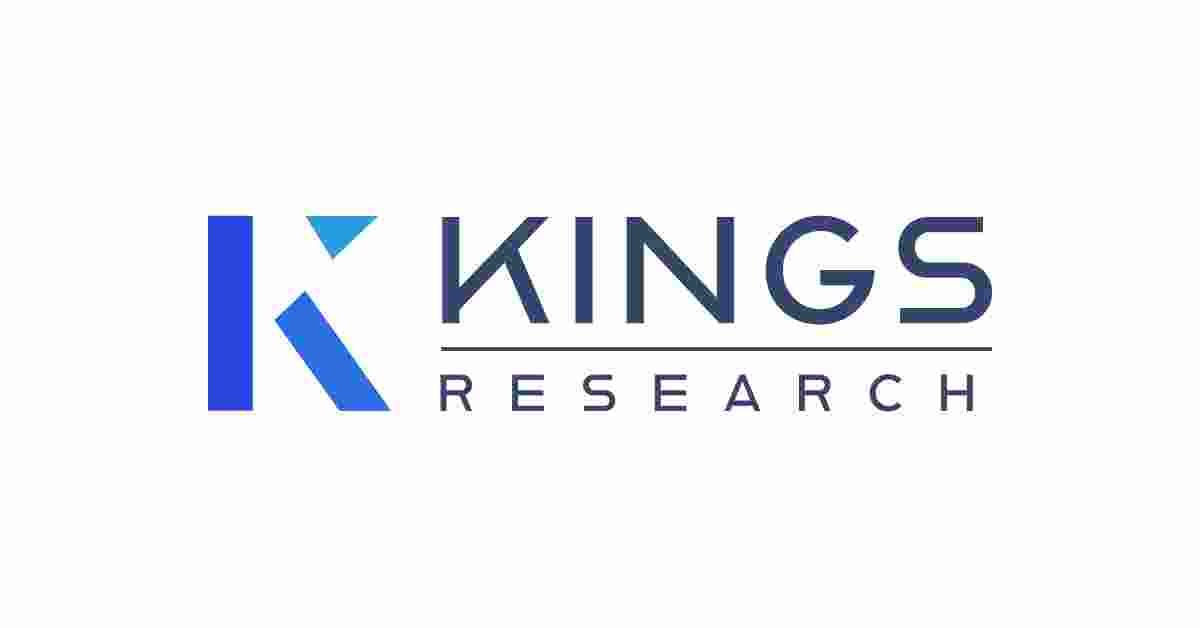The fight against diabetes in the United States is entering a new, more precise phase. The Glycated Albumin (GA) Assay market, a diagnostic tool providing a crucial 2-to-3-week snapshot of glycemic control, is poised for significant expansion, driven by the escalating diabetes epidemic and the need for more nuanced monitoring tools. This technology is quickly becoming essential, especially where the traditional HbA1c test offers an incomplete or inaccurate picture of a patient's health.
Market Summary: A Strong and Steady Ascent
The global Glycated Albumin Assay market was valued at USD 384.4 million in 2024 and is projected to see healthy growth, increasing to an estimated USD 412.6 million in 2025. By 2032, this market is forecasted to reach a robust USD 720.3 million, demonstrating a strong Compound Annual Growth Rate (CAGR) of 8.29% during the forecast period. This trajectory highlights the growing clinical acceptance of GA assays as a complementary and, in some cases, superior marker for diabetes management, especially within the sophisticated healthcare landscape of the US.
Market Analysis: Filling the Gaps in Glycemic Control
The Glycated Albumin assay measures the concentration of glycated albumin in the blood, reflecting average blood glucose levels over the preceding two to three weeks. This short-term perspective is invaluable for clinicians to quickly assess the effectiveness of recent changes in diet, medication, or lifestyle. While HbA1c is the gold standard, its results can be skewed in patients with conditions that affect red blood cell lifespan, such as chronic kidney disease, anemia, and pregnancy—all significant health concerns within the United States population. GA assays offer a reliable alternative in these complex patient groups, fundamentally transforming personalized diabetes care.
Market Scope: The Clinical Need Drives Adoption
The market scope for Glycated Albumin assays extends across several critical clinical applications:
· Diagnosis and Monitoring: Used alongside or instead of HbA1c, particularly in high-risk patients.
· Gestational Diabetes: Providing accurate glycemic data for pregnant women where red blood cell turnover is altered.
· Patients with Hemoglobinopathies: Offering a reliable reading for individuals with variants like sickle cell anemia, common in parts of the US.
· Dialysis Patients: Acting as a more stable and informative marker for patients undergoing hemodialysis, a growing segment in the United States.
· Clinical Trials and Research: Serving as a precise endpoint for pharmaceutical and device studies focused on rapid glycemic interventions.
Key Market Drivers and Factors for US Expansion
Market Drivers:
1. Explosion of Diabetes and Prediabetes: The alarming and ever-increasing prevalence of diabetes and prediabetes across the US mandates the adoption of more frequent and precise monitoring tools.
2. Limitations of HbA1c: The inability of HbA1c to provide accurate results in certain high-prevalence comorbidities (like chronic kidney disease) is pushing healthcare providers toward GA.
3. Need for Short-Term Feedback: The assay's ability to offer a two-to-three-week average is crucial for clinicians needing to rapidly adjust insulin doses or treatment protocols in the highly dynamic environment of US diabetic care.
Key Factors:
· Reimbursement and Clinical Guidelines: The biggest factor influencing broader adoption in the US is the continued integration of the GA assay into standard clinical guidelines and securing favorable reimbursement from Medicare and private insurers.
· Technological Automation: The shift toward highly automated, reliable enzymatic and immunoassay platforms is making the test more accessible and cost-effective for large US diagnostic laboratories and hospital systems.
Regional Analysis: North America Leads the Charge
North America, propelled by the massive healthcare infrastructure and large patient base in the United States, is the dominant force in the global GA assay market. The region’s advanced diagnostic capabilities, coupled with high awareness among specialists (endocrinologists and nephrologists), mean new, superior diagnostic technologies are adopted quickly. The sheer volume of diabetes patients in the US makes this the single most important regional market for manufacturers.
Recent Developments: Automation and POC Focus
Recent developments are largely centered on enhancing the accessibility and efficiency of the assay. Key trends include:
· Automation Integration: Developing highly stable and sensitive reagents compatible with common, high-throughput automated chemistry analyzers already deployed in most US hospitals.
· Point-of-Care (POC) Testing: Research efforts are increasingly focused on creating simple, rapid, cartridge-based GA assays for use in outpatient clinics and community health centers, bringing the test closer to the patient in the US healthcare system.
· AI-Enhanced Interpretation: Leveraging Artificial Intelligence to integrate GA data with other patient metrics (like continuous glucose monitoring) for predictive health insights and personalized treatment plans.
The glycated albumin assay is rapidly evolving from an esoteric test to a cornerstone of comprehensive diabetes management, promising to significantly improve patient outcomes across the United States.
Get Full Report: https://www.kingsresearch.com/glycated-albumin-assay-market-2775



